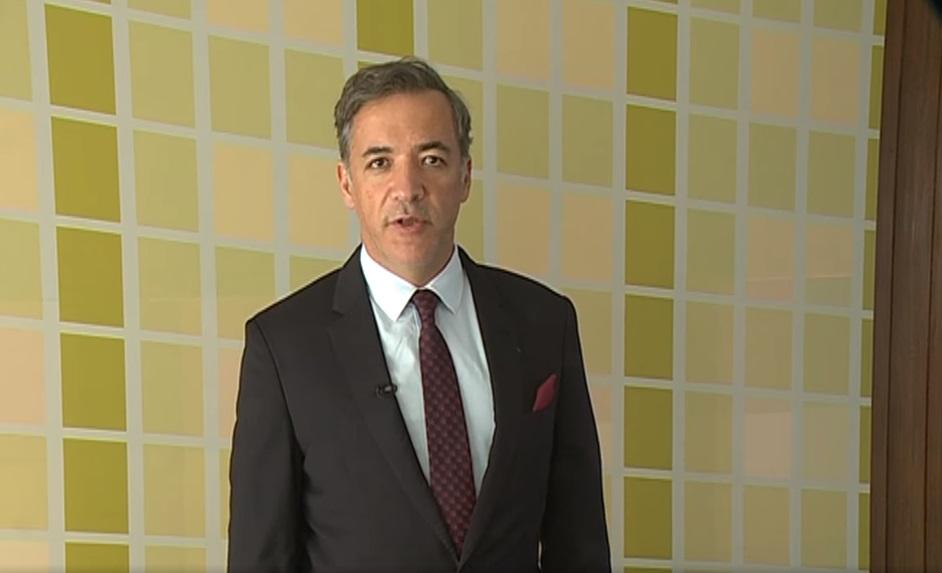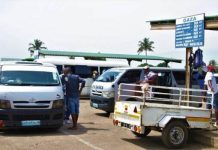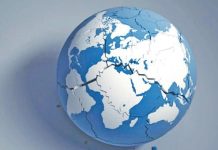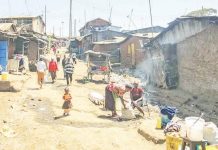Africa-Press – Mozambique. Portuguese-Mozambican businessman Paulo Oliveira said the Community of Portuguese Language Countries (CPLP) is a house where you must apply for a permit to go from the bedroom to the kitchen, to illustrate barriers to investment.
“We live in the same house [the CPLP] and, as a family, we cannot ask for a permit to go from the bedroom to the kitchen or to the bathroom,” but the reality is that these obstacles to mobility exist, he said.
The chairman of the board of Salvador Caetano Mozambique and vice chairman of the Executive Committee of the CPLP Business Confederation, accumulates management experience in almost all CPLP countries and believes that there needs to be “uniformity” in terms of the movement of businesspeople.
“The way of approach is completely different from one [country] to another,” within the CPLP, and this, “sometimes delays investment” that could be carried out “in a faster way,” he stressed.
The debate on mobility has been on the table and is on the agenda of the heads of state and government that are attending the 13th CPLP summit on Friday and Saturday in Luanda, Angola.
The technical proposal has already been approved with a variety of solutions, such as signing it in full or establishing specific partnerships between member states, according to the internal situation of each country.
Paulo Oliveira believes that this opening of borders to greater mobility should be gradual – without throwing the doors wide open – with businesspeople, students and cultural agents in the front line.
A common CPLP visa for businessmen and specialised labour would be a possible mechanism, “with the same rights and obligations for all” – because the security and vigilance required to stamp passports, associated with the sovereignty of each country, already exists, he added.
“Evidently, we cannot open a street kiosk and give a visa to the first person who appears”, but “bureaucracy, delay and the difference in criteria between countries” should be taken out of the equation: “we have to make things more efficient, faster”.
“Sometimes projects fall by the wayside “because of the delay” in obtaining visas or the “lack of people”, skilled labour that cannot move between countries.
“If we have stalled projects waiting for visas – and from our experience, sometimes it can be months – the stalled capital can mortgage the project itself”.
In practice, “all countries have things to offer if there is a different kind of mobility”.
“For us, businesspeople, the perfect thing would be the opening of movement for businesspeople in the CPLP. Let’s hope that another step is taken and that [the issue]” stops being “just promises,” which is what has happened over the years.
The Luanda summit is dedicated to the theme, “Strengthening and Promoting Economic and Business Cooperation in Pandemic Times for the Sustainable Development of the CPLP Countries.
The CPLP is made up of Angola, Brazil, Cabo Verde, Guinea-Bissau, Equatorial Guinea, Mozambique, Portugal, Sao Tome and Principe and East Timor.






